Martin Freeman drama tackles 'a moral conundrum for our age'
- Published

Freeman plays Det Supt Steve Fulcher in ITV's six-part drama
It was a tragic real-life story that gripped the public due to flawed heroics, a long search for justice and the huge moral dilemma at its heart.
Now the story of a double murder and the search for a killer has been made into an ITV drama A Confession, starring Sherlock's Martin Freeman.
"Modern policing is broken. It's not fit for purpose, politics plays too big a part and there's not enough emphasis on solving crime," says Jeff Pope, writer and executive producer of the drama.
The story began to unfold in 2011 when a young woman called Sian O'Callaghan went missing in Swindon.
Taxi driver Christopher Halliwell was subsequently arrested before admitting to the crime. He also agreed to show police where he had hidden her body.
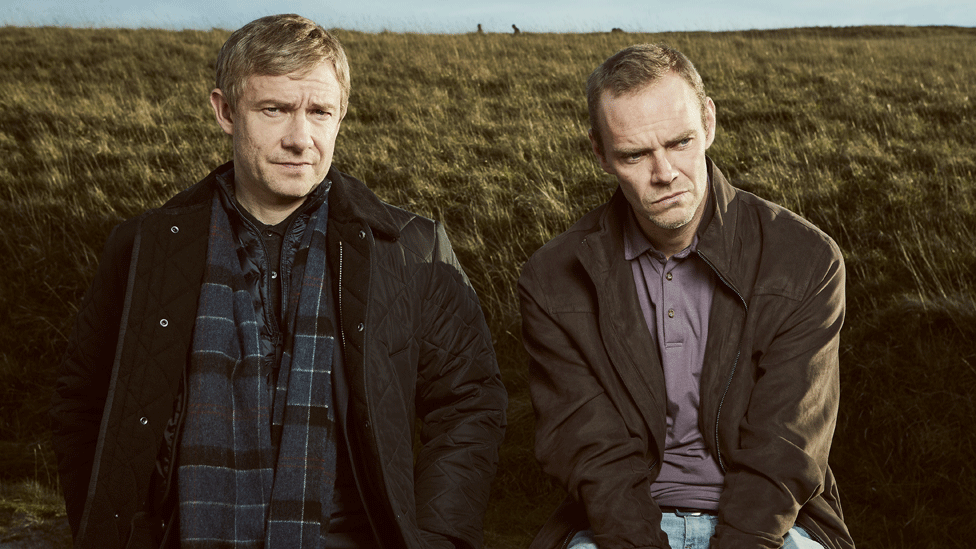
Joe Absolom (right) plays killer Christopher Halliwell
Det Supt Steve Fulcher of Wiltshire Police, played by Freeman, was the investigating officer.
It was to him that Halliwell revealed he had also murdered Becky Godden, another woman who had been missing since 2003.
Acting on instinct, Fulcher pressed Halliwell for details - not in a police station, but in the middle of the Wiltshire countryside, without cautioning him or allowing him access to a solicitor.
A High Court judge ruled that this breach of police guidelines made Halliwell's Godden confession inadmissible, which nearly derailed the case.
Halliwell was eventually charged and found guilty of Becky Godden's murder in 2016 after new evidence emerged.
He had already been jailed for O'Callaghan's murder in 2012.
The episode left Fulcher's career in tatters. He was given a final written warning for gross misconduct and he later resigned.
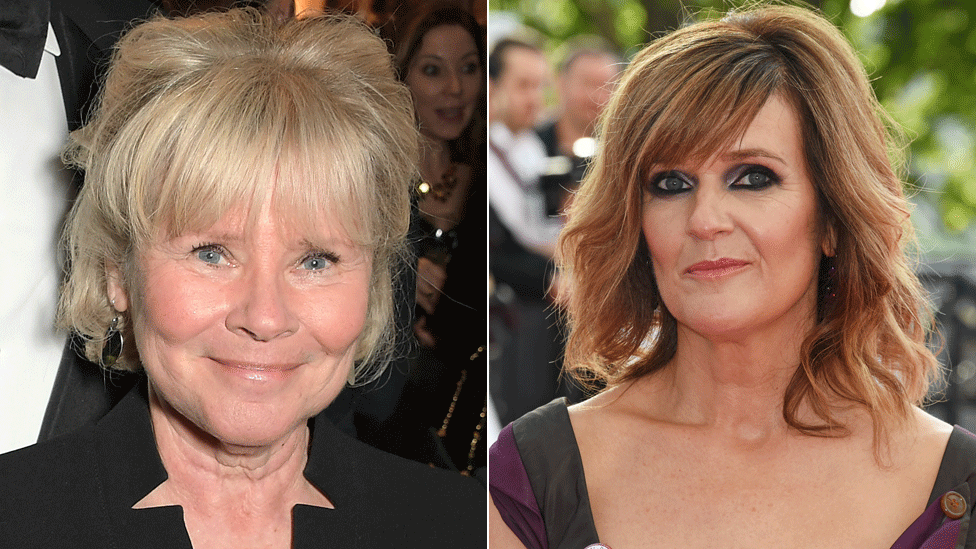
Imelda Staunton and Siobhan Finneran play the mothers of the murdered women
The story fascinated Pope, a man with experience of dramatising real-life stories.
His films Philomena and Stan and Ollie were both based on actual individuals, as were his TV dramas Hatton Garden, Little Boy Blue, Mrs Biggs and Appropriate Adult.
The story of Fulcher and the families of the two murdered women was one he felt he had to bring to the small screen.
"It starts out as a thriller, and becomes something very different," says the former journalist, who honed his research skills at the Ealing Gazette.
"It becomes about a man who does what I would say is the right thing but... loses everything because of it."
Fulcher - who has written a book about his story, external - has consistently said his actions were to preserve the life of a hostage, working on the assumption O'Callaghan could still be alive and that Halliwell could lead him to her.
Interview with Steve Fulcher about Christopher Halliwell
Freeman, who has met Fulcher, says: "I can't think of what else he could have done. I doubt any person... would want someone to behave differently.
"It's definitely a shame and seemingly morally unjust that he lost his livelihood and his work."
"It's a great moral conundrum for our age," Pope concurs. "He wanted to say to Elaine [Sian O'Callaghan's mother] 'I did everything I possibly could to save your daughter.'"
Pope says he always had Freeman in mind for the leading role.
"I think Martin's one of the finest actors of his generation," he says. "I always felt something in me that he would be the ideal person to play Fulcher."
Freeman says he wasn't familiar with the story but found it "fascinating" as he read the script and found more out about the man he would be playing.
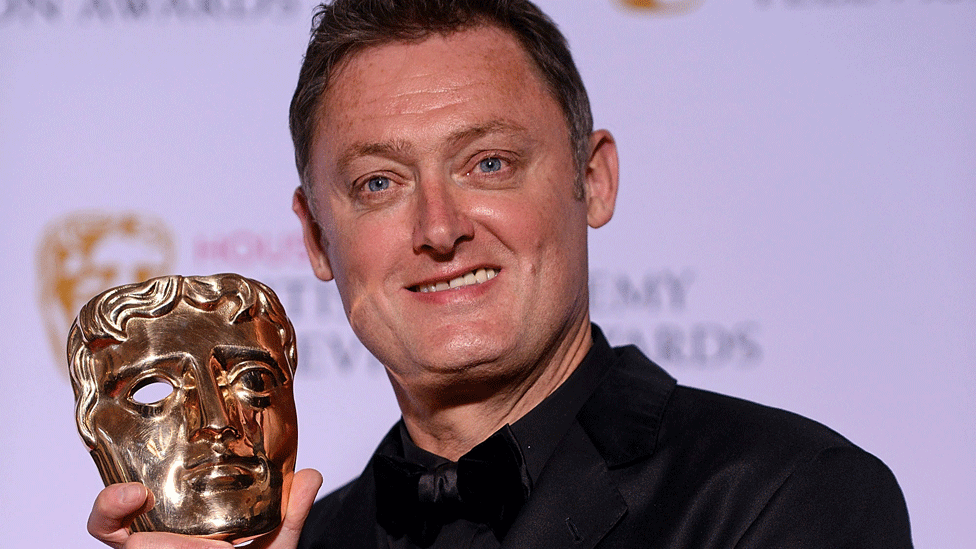
Pope won a special Bafta in 2015 for his outstanding contribution to TV
"And I've not played a detective before, only a detective's assistant [in Sherlock]," he adds.
A Confession marked the first time Freeman had the opportunity to speak to the person he was portraying and to play a proper detective (in Sherlock he was an assistant).
"He [Fulcher] came down to the set a couple of times. It was nice to have the horse's mouth - [to ask] 'what were you feeling?'"
The series is directed by Paul Andrew Williams, who has also worked on crime drama Broadchurch and the Bafta-winning TV film Murdered By My Boyfriend.
"Paul and I have a similar 'no acting' policy," says Freeman. "I didn't want anything to do with trying to wrench an emotion from the audience and make them cry."
'Spiteful process'
"It's not for actors to come along and go 'I feel your pain'," says Freeman. "Just tell the truth, because the truth is awful enough."
Pope believes Fulcher "has an aspect to him that is like a form of PTSD... he's very burnt".
"Watching the series with him afterwards, it was almost unbearable. He [was] kind of crawling up the walls.
"He just found it so difficult because you've managed to take him straight back into the most awful events of his life."
Pope says his job is to present the facts of the case and "let the audience make up its own mind".
Yet he admits he "immediately knocks that down" by saying he felt "the process that led to Fulcher being found guilty of gross misconduct was spiteful".
Wiltshire Police told the BBC: "The IPCC investigation concluded that a misconduct hearing should take place to consider potential gross misconduct. The force... arranged for an independent misconduct panel to convene.
Allow YouTube content?
This article contains content provided by Google YouTube. We ask for your permission before anything is loaded, as they may be using cookies and other technologies. You may want to read Google’s cookie policy, external and privacy policy, external before accepting. To view this content choose ‘accept and continue’.
"The panel considered independently whether or not the actions of Steve Fulcher had breached the standards of professional behaviour that apply to all police officers in England and Wales.
"Further to the hearing, Steve Fulcher was found guilty of two counts of gross misconduct (the execution of his duty and inappropriate contact with the media) and received two final written warnings, but remained a member of Wiltshire Police.
"He later decided of his own volition to resign from Wiltshire Police."
A Confession is not just Fulcher's story. It is also that of the two grieving families, something the cast and crew were determined to honour.
Pope calls it "an interesting study in grief" as the two families, while sharing a horrible connection, had different grieving experiences and "couldn't come together" in the way some might expect.
Both families were consulted as part of Pope's research. The writer says making the drama without their consent would have been unthinkable.
"I wouldn't proceed with something if the family of the victim was set against it," he says.
Earlier this year, a short film about the killing of James Bulger became the subject of much controversy when it was submitted and nominated for an Oscar.
Detainment did not have the approval of the murdered boy's family, who called on its director to withdraw it from awards contention.
"If the main protagonists don't agree with you, you're bankrupt, it's not tenable," says Pope.
"There was a specific instance [with a previous TV idea] where a mother said: 'Please don't do this'. And I thought 'well, that's it'."
Ultimately Pope hopes the audience won't just "switch off" from the story once the series has ended.
"One of the duties of a factual drama is to make the audience think and to challenge them," the writer explains.
"Have we arrived at a point where the police are too emasculated?" he asks.
"And if it was our child in that same situation, and a police officer was faced with the same set of circumstances.. what would we want them to do?"
A Confession airs on ITV this September.

Follow us on Facebook, external, or on Twitter @BBCNewsEnts, external. If you have a story suggestion email entertainment.news@bbc.co.uk, external.
- Published12 March 2019
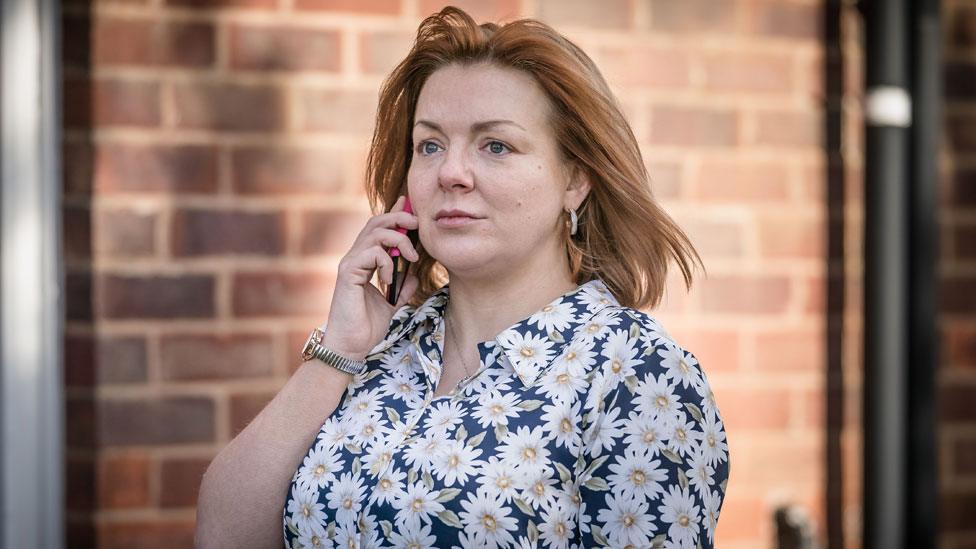
- Published19 September 2016
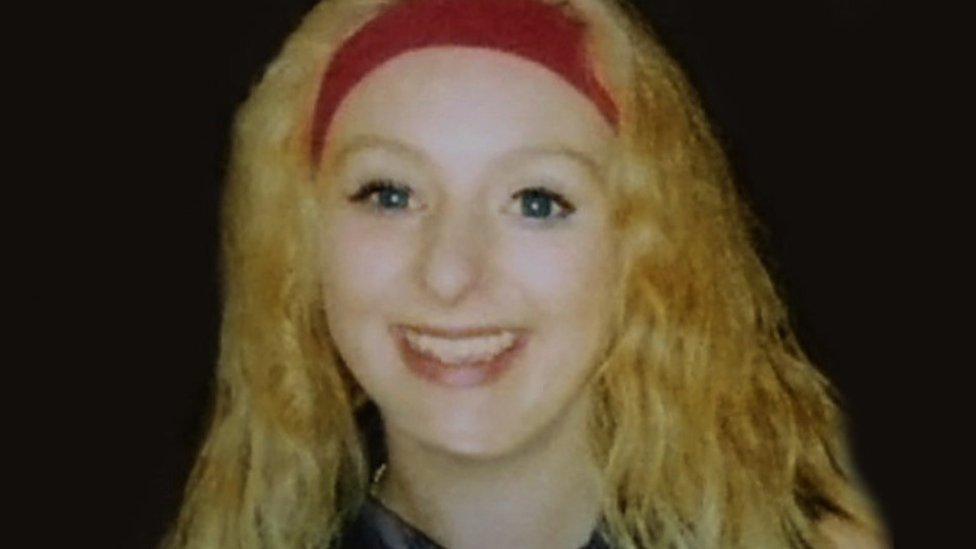
- Published30 April 2015
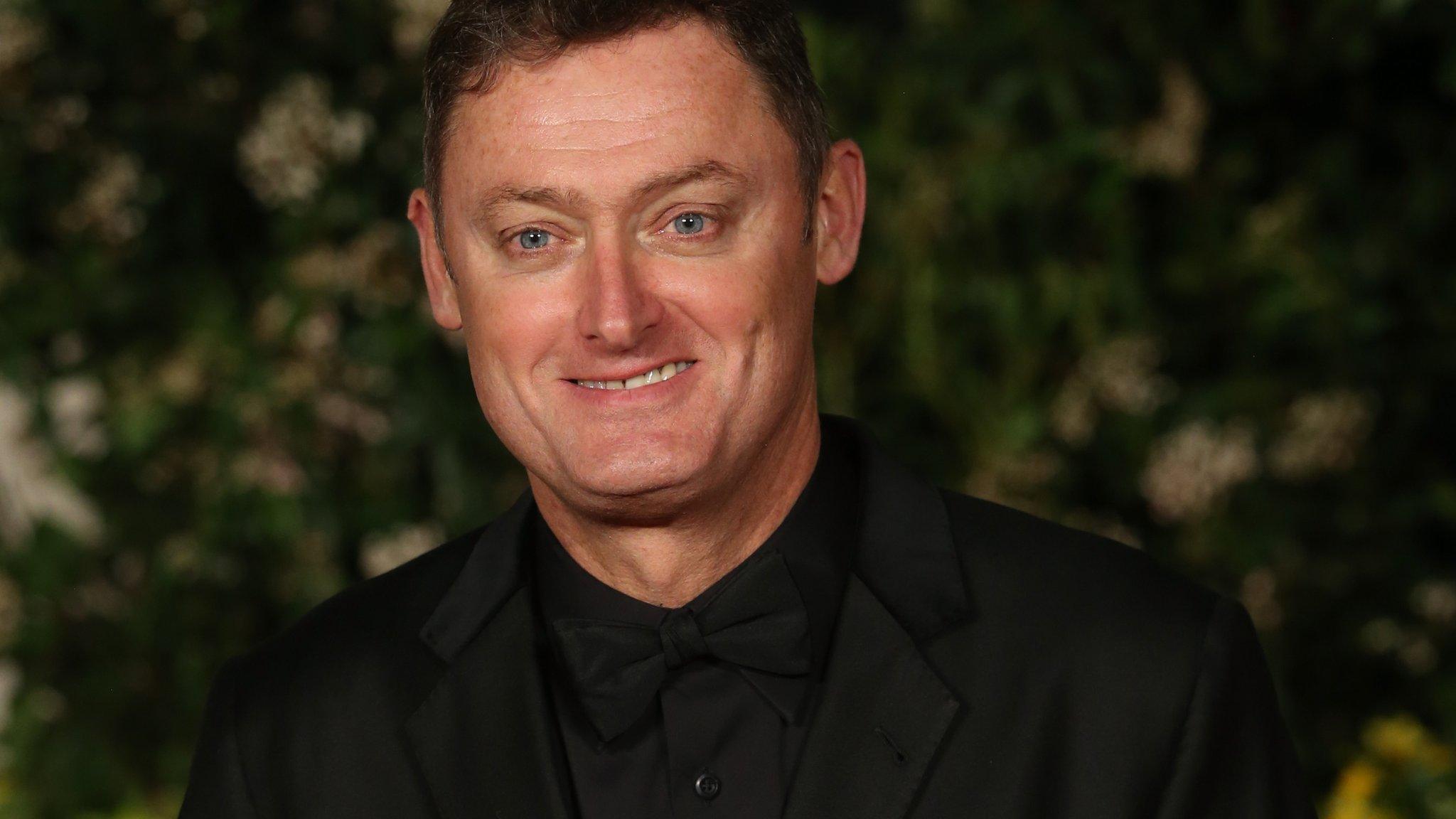
- Published19 October 2012